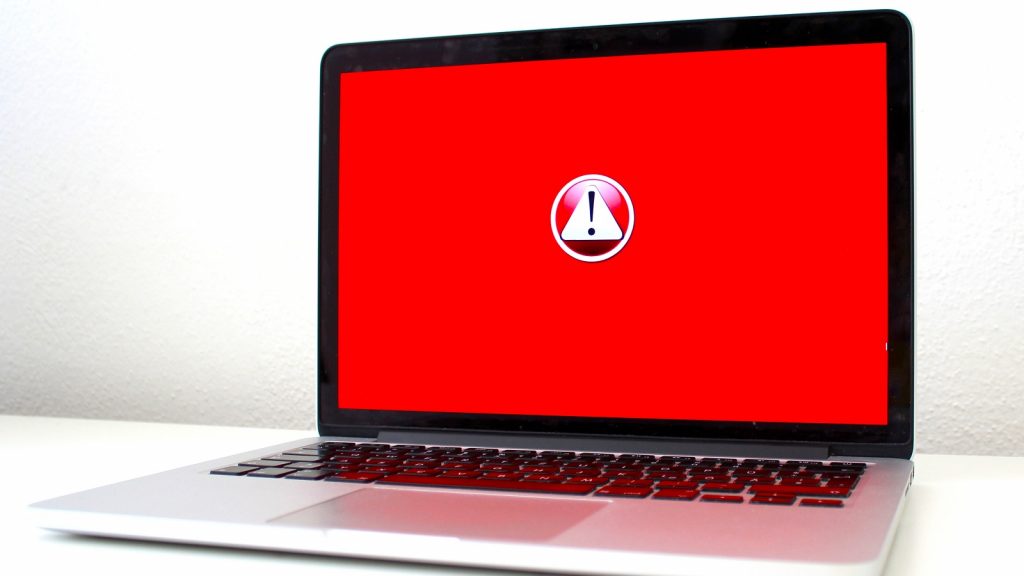Donald Trump’s call for Netflix to remove board member Susan Rice has intensified the Paramount saga, pushing the streaming wars into a political confrontation.
South Africa suffers most malware attacks on continent – Kaspersky

Research from cybersecurity company Kasperky has shown that South Africa suffers the most malware attacks of any country in Africa.
Published on 19 August, the research shows the continent is undergoing an increase in these kind of attacks.
Kaspersky said hackers focused on countries undergoing digital advancements and increases in remote working.
“Even though the scourge of malware has always been of concern, the past 12-months have highlighted how hackers are refocusing their efforts to compromise consumer and corporate systems and gain access to critical data and information,” Enterprise Sales Manager at Kaspersky in Africa, Bethwel Opil, said in a statement.
According to Kaspersky, South Africa suffered 32 million malware attacks during the first half of 2021.
South Africa saw an increase of 14% in the number of attacks. Attacks in Nigeria and Ethiopia also increased by 20% in each country.
On the flip side, Kenya experienced a decrease of 13% in the number of attacks.
The number of attacks in Africa during that period increased by 5% compared to the same period in 2020.
Four countries alone accounted for 85 million attacks. The countries include South Africa, Kenya, Nigeria, and Ethiopia.
While South Africa suffered the most attacks, Kenya suffered 28.3 million attacks. Nigeria suffered 16.7 million attacks, while Ethiopia suffered eight million.
How you can protect yourself against malware attacks
Kaspersky recommended several ways that people could protect themselves against malware.
They included only downloading apps from trusted sites, not clicking on unverified links, and keeping device software up to date.
“Malware can get onto a device in several ways,” Opil explained.
“For example, clicking on an infected link or advert, opening an attachment in a spam email, or downloading a compromised app.”
It also recommended people be wary of using free Wi-Fi hotspots. Hackers could potentially use the hotspots to look for unprotected devices.
Featured image: Pixabay/Jackson_893
Read more: The top Google searches in South Africa over the last 15 years


